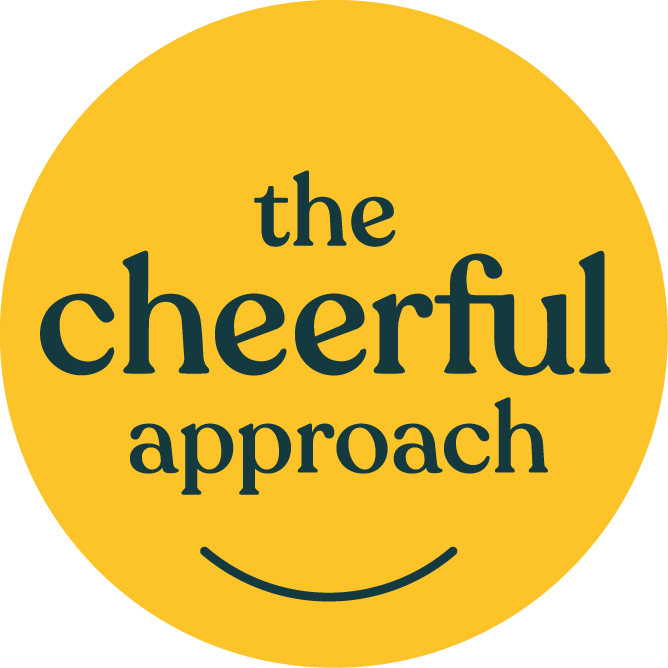Menopause
Menopause and perimenopause are having a bit of a moment right now, and we are so here for it! We seem to have undergone an awakening around what pelvic floor physio can do for the birthing years, but we are all about having a cheerful pelvis for life!
We love to see clients being proactive, and most of all, not settling when it comes to bladder and sexual health through this transition and beyond. Even if menopause is long behind you, it’s never too late!! If you’re not sure what we can do, let us educate you!

Genito-urinary syndrome of menopause: This is the umbrella term for hormone-related changes that cause symptoms like bladder leaking and urgency, vaginal dryness and irritation, and pain with sex or penetration
Help with exercise to reduce the impacts of hormonal changes and aging on your overall long-term health
What we treat
For specific bladder or vulva concerns, we often do an external (and possibly internal) pelvic exam to see exactly how your pelvic floor is doing. We want to make sure your pelvic floor is strong and relaxed to best support your bladder and the blood flow to your tissues.
It’s important to do a whole-body assessment in case the perimenopause is a red herring. Sometimes, something else is the main culprit, and the hormonal change is just the straw that broke the camel’s back.
If you’re not an exerciser but are worried about age-related changes, like bone health or muscle weakness, we can help you find the right exercise for you that is also evidence-supported to optimize body and brain health in the long term.
FAQ’s
-
Changes in bladder and sexual function are common in peri- and postmenopause, so even if you’re not yet experiencing symptoms, there are things that you can do to be proactive and prevent symptoms from happening.
-
It's important to take a multi-pronged approach to menopause care, because changing hormones can affect so many body systems. Physiotherapy can help with building muscle strength, improving bone health, and helping you increase your physical activity to improve heart health.
Pelvic health physio in particular can help with bladder symptoms and sexual pain or dysfunction. Hormone therapy alone won't be sufficient to help with the musculoskeletal and bladder/genital changes that occur as you age.
-
Not necessarily! As with everything we see, sometimes this is a more valuable tool than others. There’s often lots of progress we can make without an internal, and if it is more important, we can share with you why, and you can make an informed choice.




